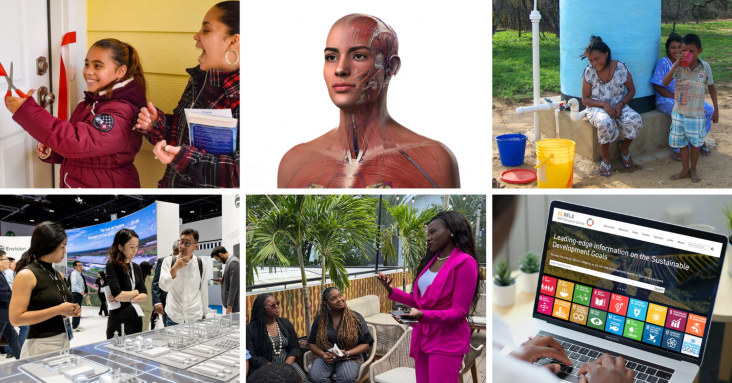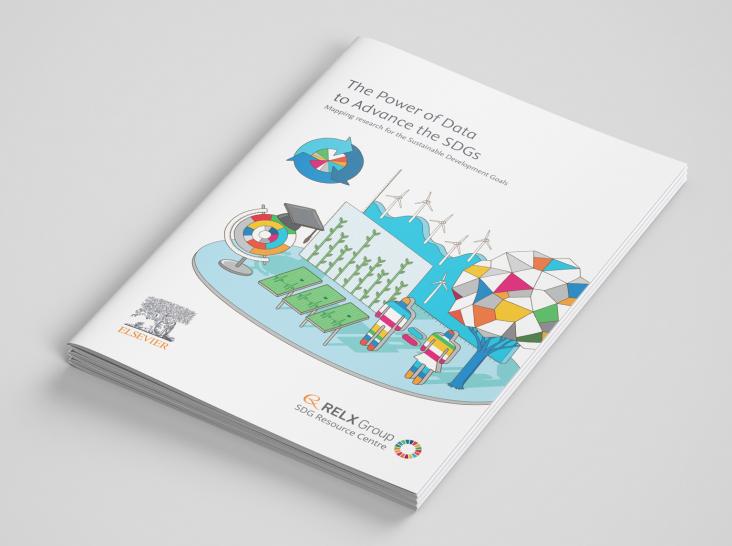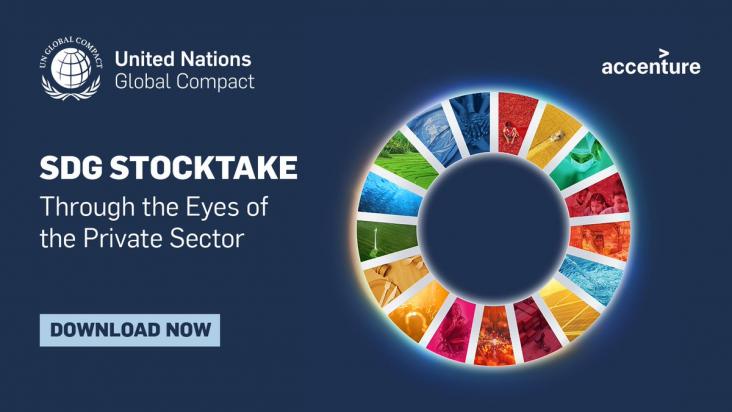Elsevier,
Measurement: Journal of the International Measurement Confederation, Volume 226, 28 February 2024
This paper seeks to contribute to pipeline leakage detection research through collecting and simulating leakage signals under different pressure strengths by combining experiments with numerical simulation. The findings point towards better detection in a real noise environment. Such research is vital in the context of increasing worldwide demand for water and insufficient water supply caused by pipeline leakage.
The authors put forward a mathematical model for examining the impact of water, sanitation and hygiene (WASH) services on reducing the transmission of waterborne diseases such as enteric diarrheal disease (EDD). It is found that wastewater and sewage treatment (WST) control has the most significant impact in terms of WASH interventions employed. The findings have could have very important public health potential and tie in strongly with the goals of SDG 6.
Pakistan's water resources experiencing mounting pressure. UN SDG 6 provides a roadmap for achieving sustainable water management. Long-term planning and community engagement are key to success. Policy recommendations include efficient pricing and climate change integration.

As we pass the halfway point for the SDGs, many of the goals are worryingly off track and progress on 85% of the target indicators has stalled or even reversed. Through our information, products and people, RELX remains committed to advancing the Goals. Here are some of the ways that we continue to support their achievement.

Access to information is critical in achieving the SDGs - empowering the public to make decisions, informing policy making and enabling effective implementation and monitoring. RELX businesses regularly produce and publish free to download reports and analytics that draw upon vast amounts of information and data in support of the SDGs. Explore some of the reports and tools developed to date.
In this paper the authors show how the heterogeneity in cities means that individual cities need specific low-carbon roadmaps, rather than a one-size-fits-all approach
The study underscores the importance of understanding VOC emissions from flame retardant industrial parks to address potential carcinogenic risks and formulate effective reduction strategies, contributing to both Sustainable Development Goal 3 (Good Health and Well-being) and SDG 11 (Sustainable Cities and Communities).
The paper outlines how we may advances in observational technologies with developments in water quality modelling to integrate simulation of eutrophication impacts with organic matter dynamics and fate of synthetic toxic compounds.

The United Nations Global Compact-Accenture Global Private Sector Stock take report report offers an appraisal of private sector contributions to the SDGs so far and outlines a clear pathway for private sector action over the next seven years.
This study focused on the HJRB, the location of the world's largest inter-basin water transfer project, as the study area.
